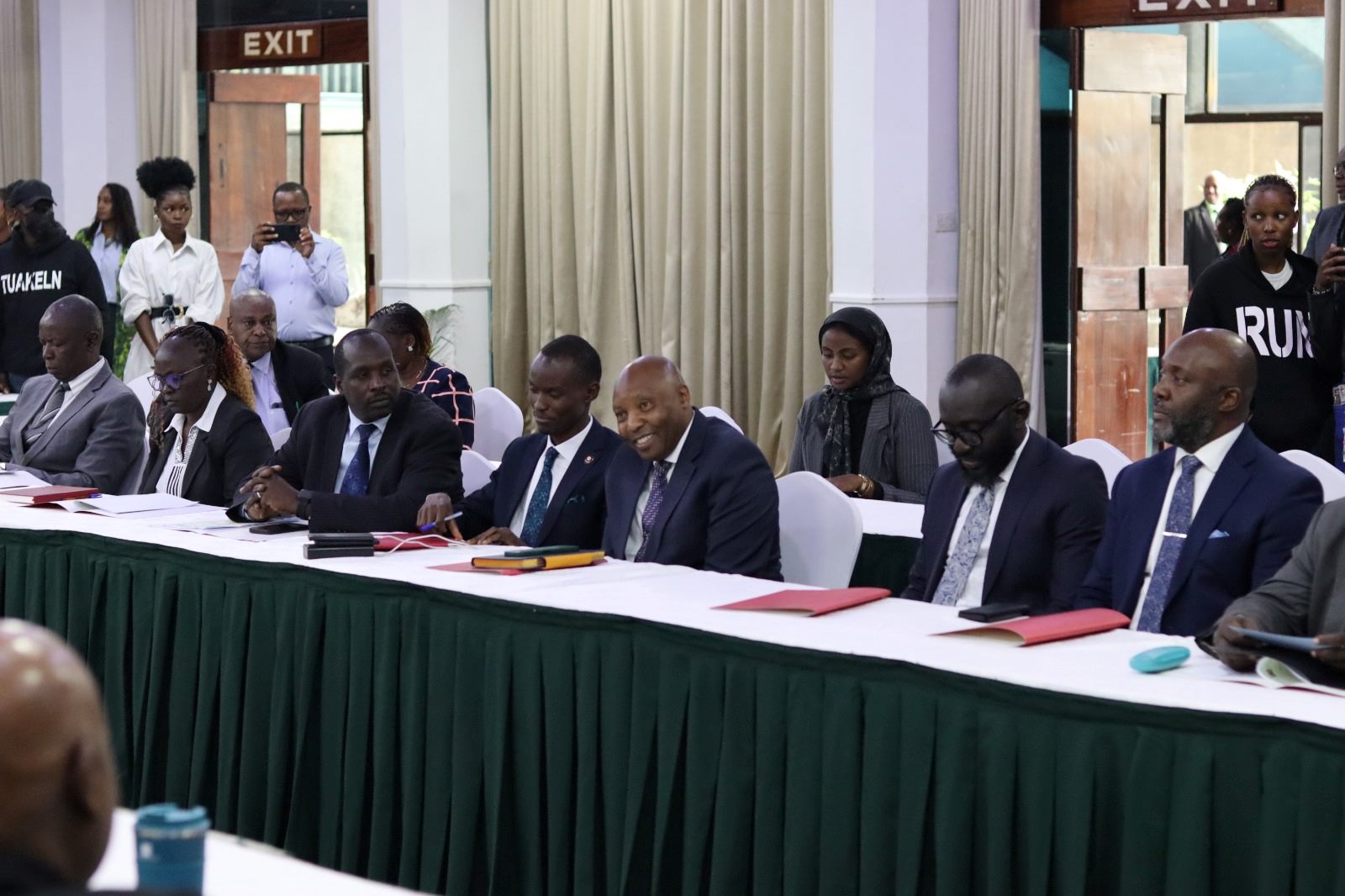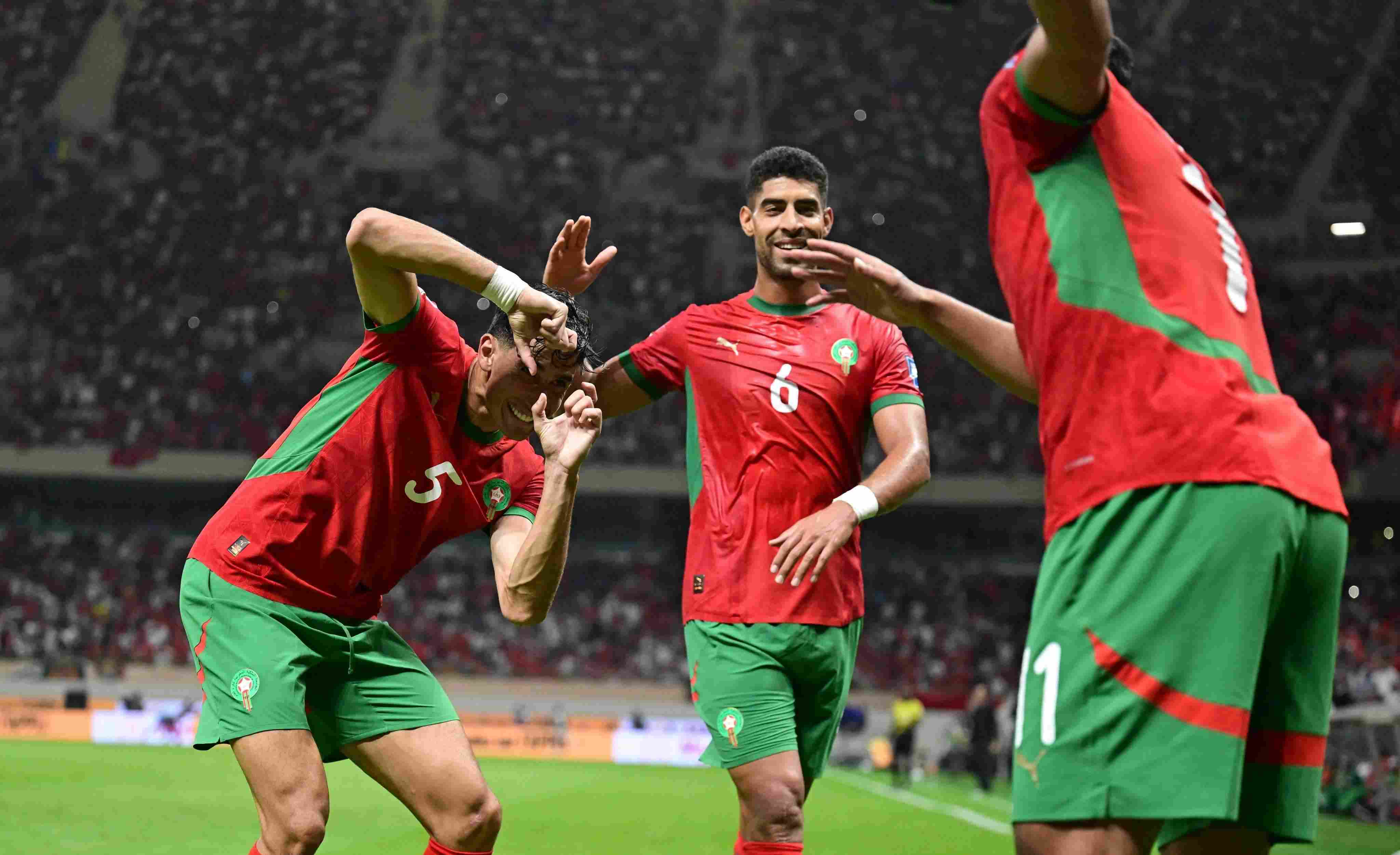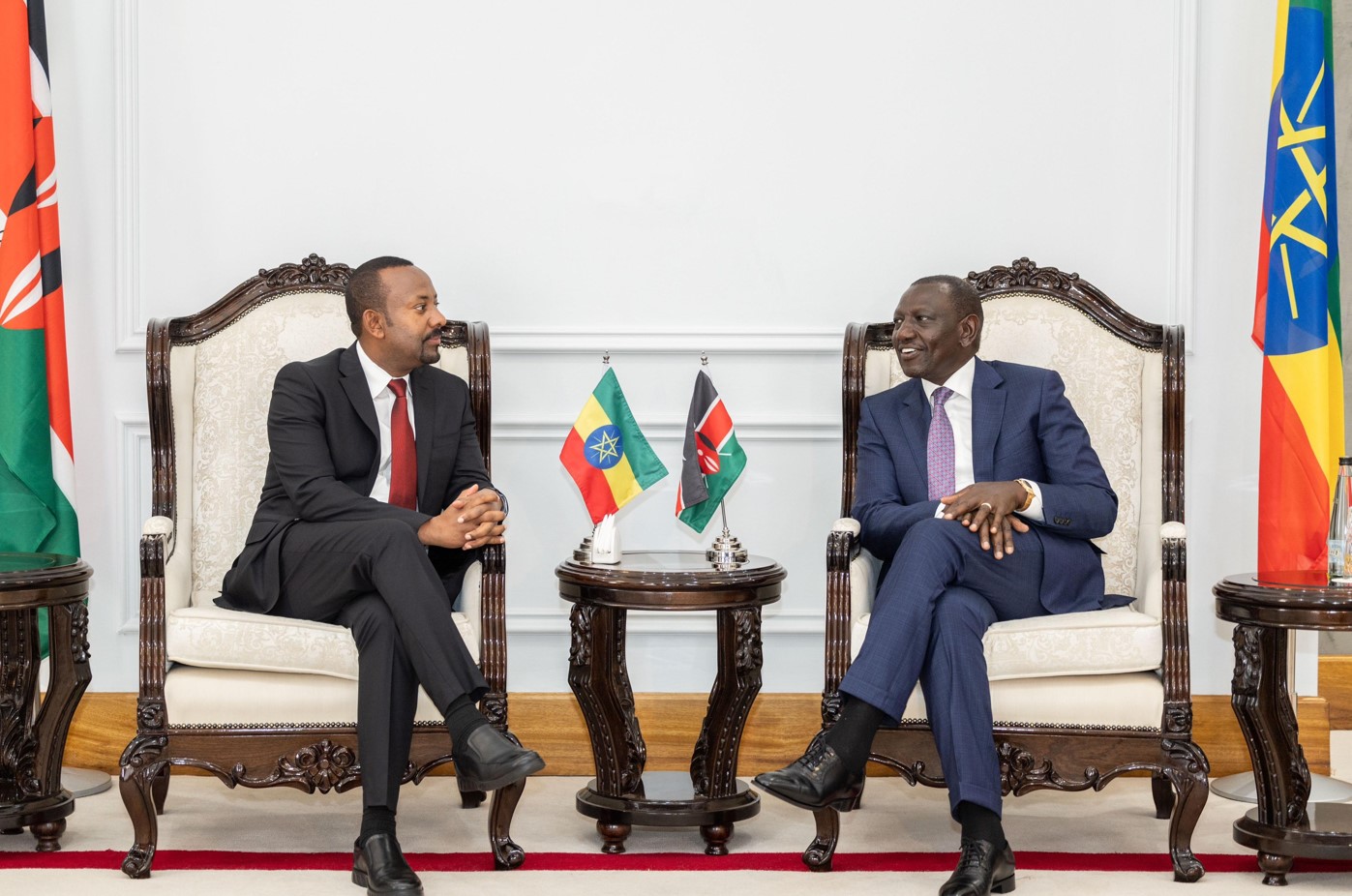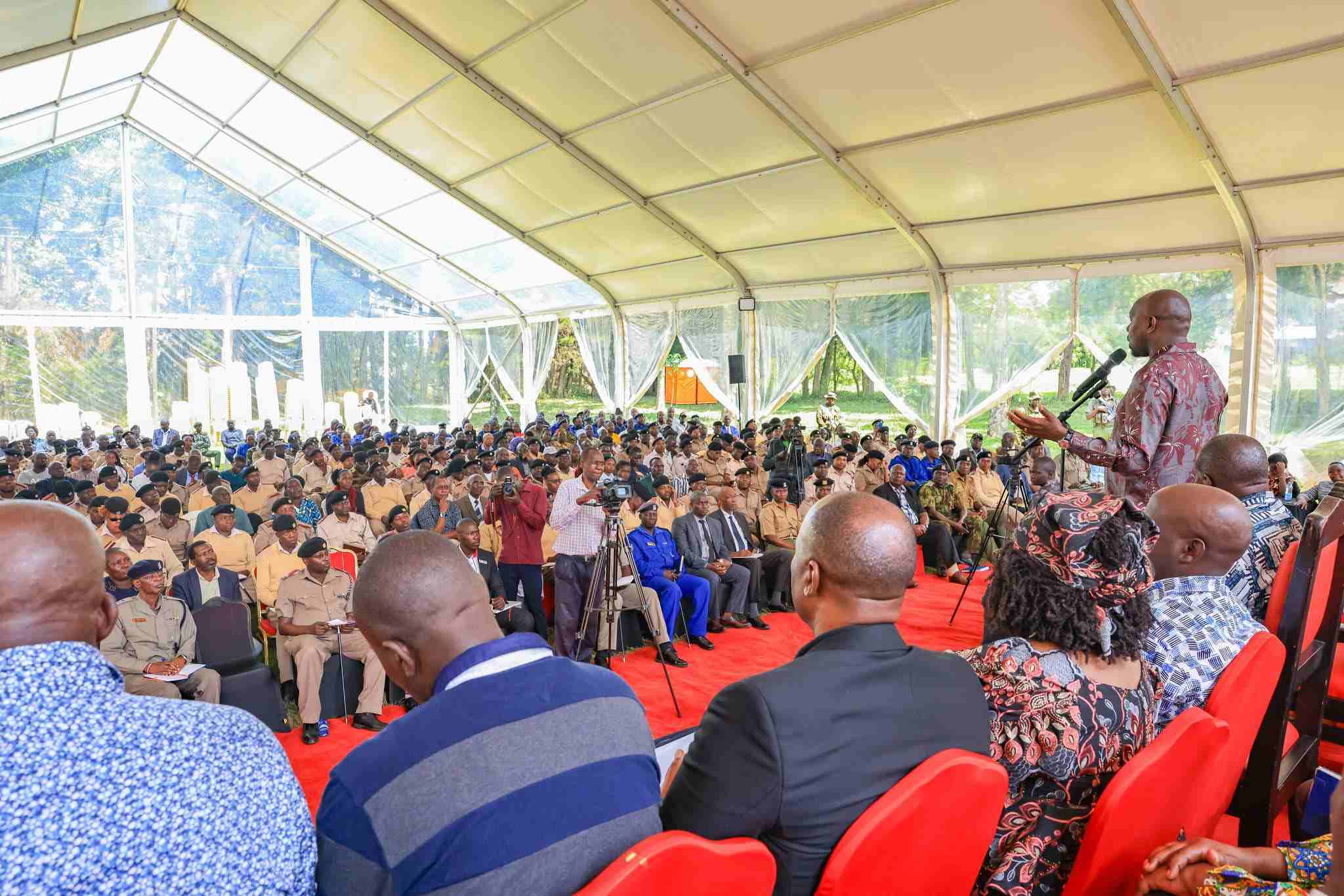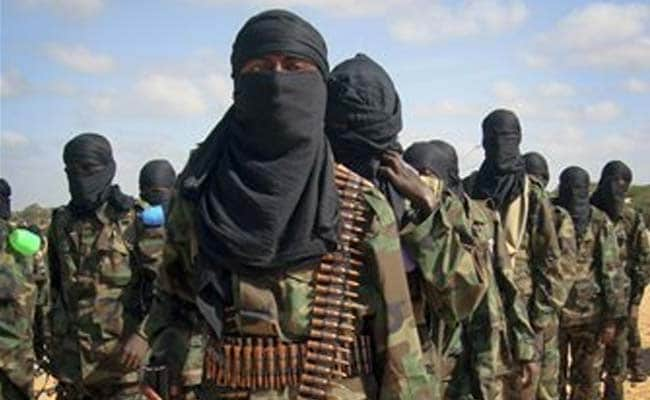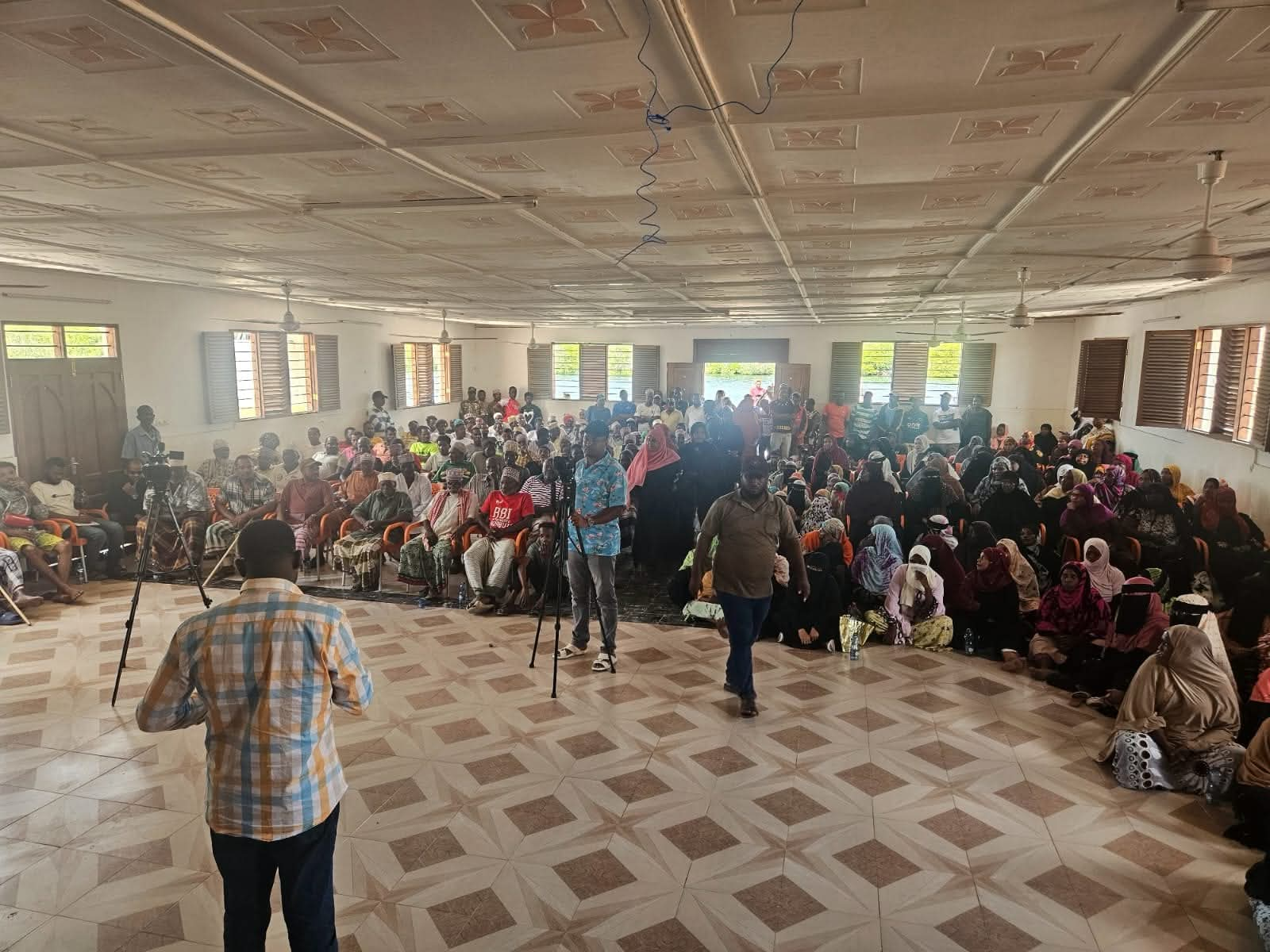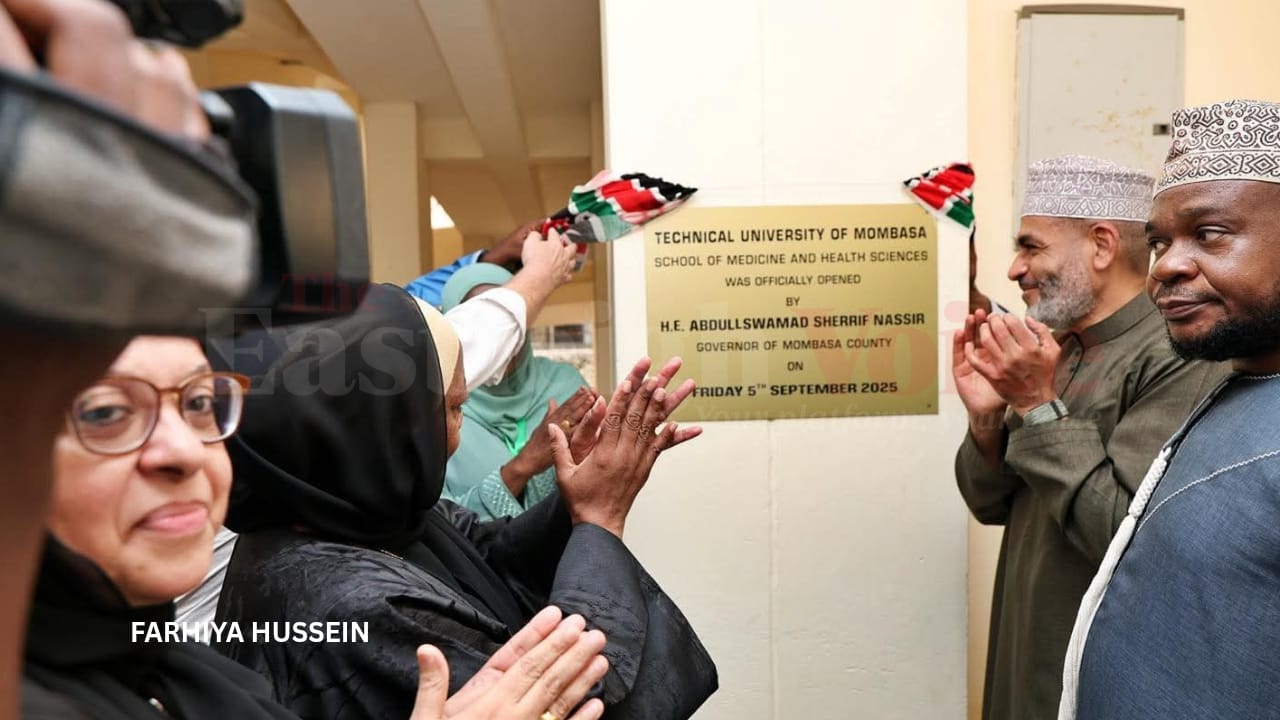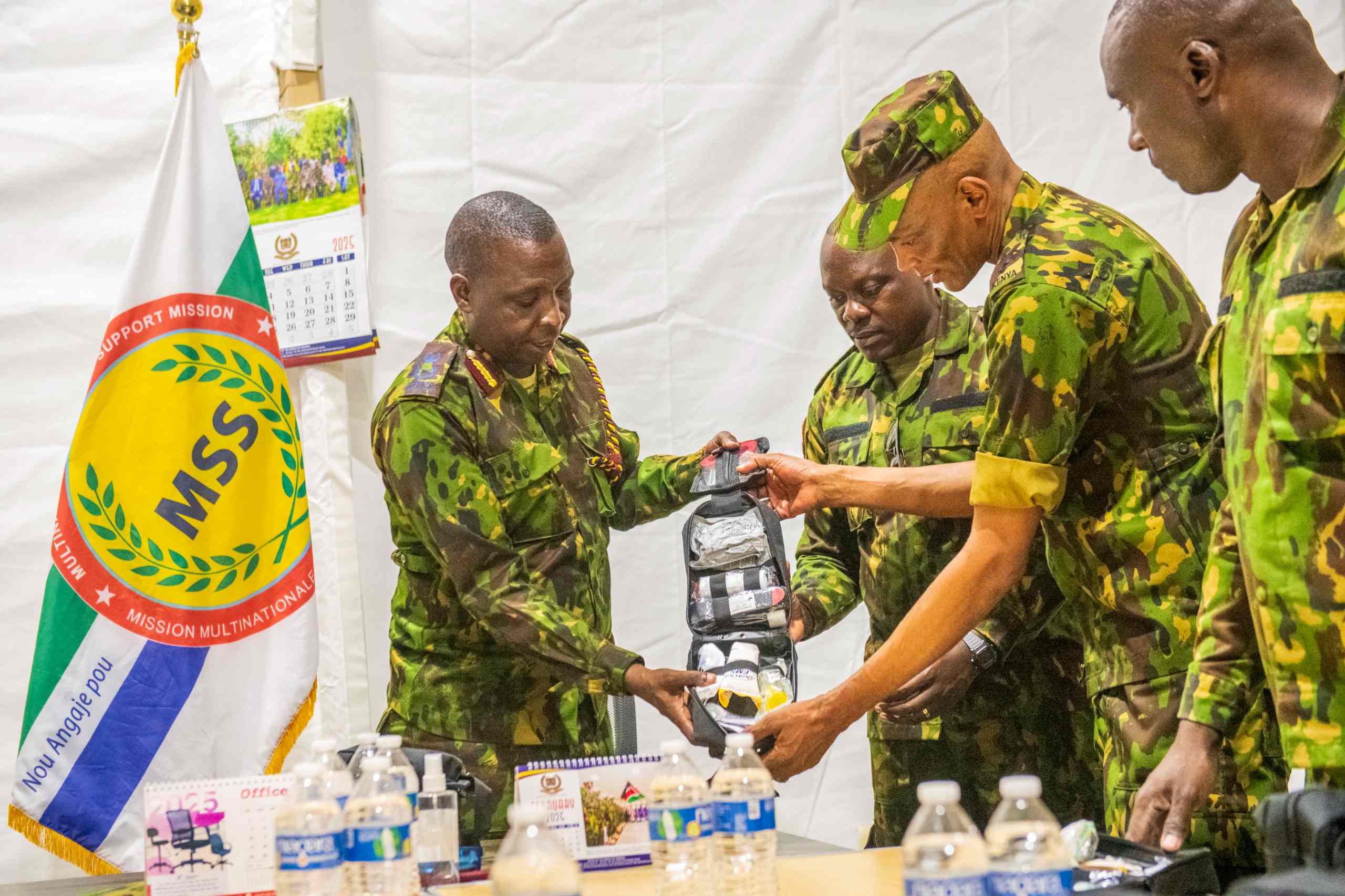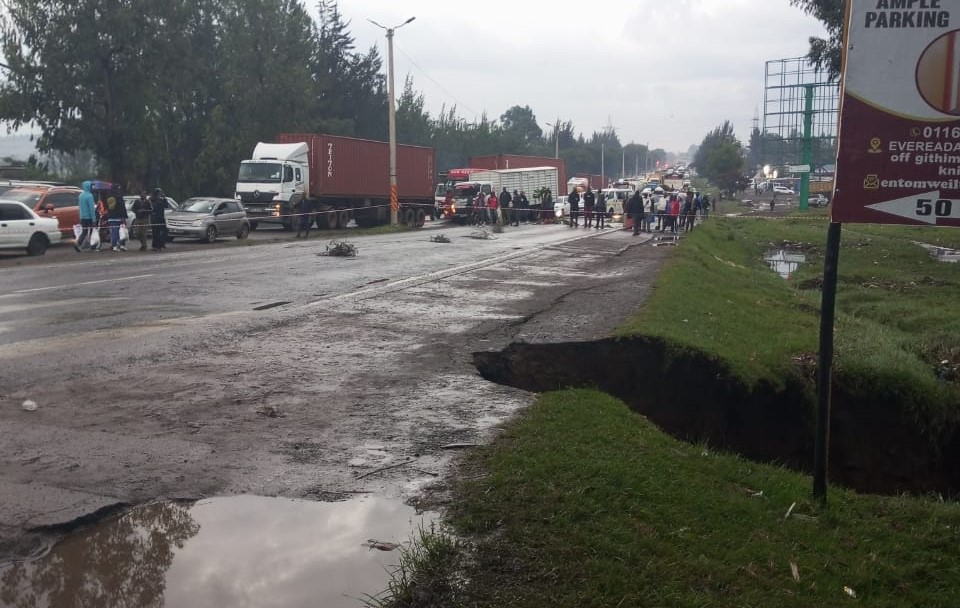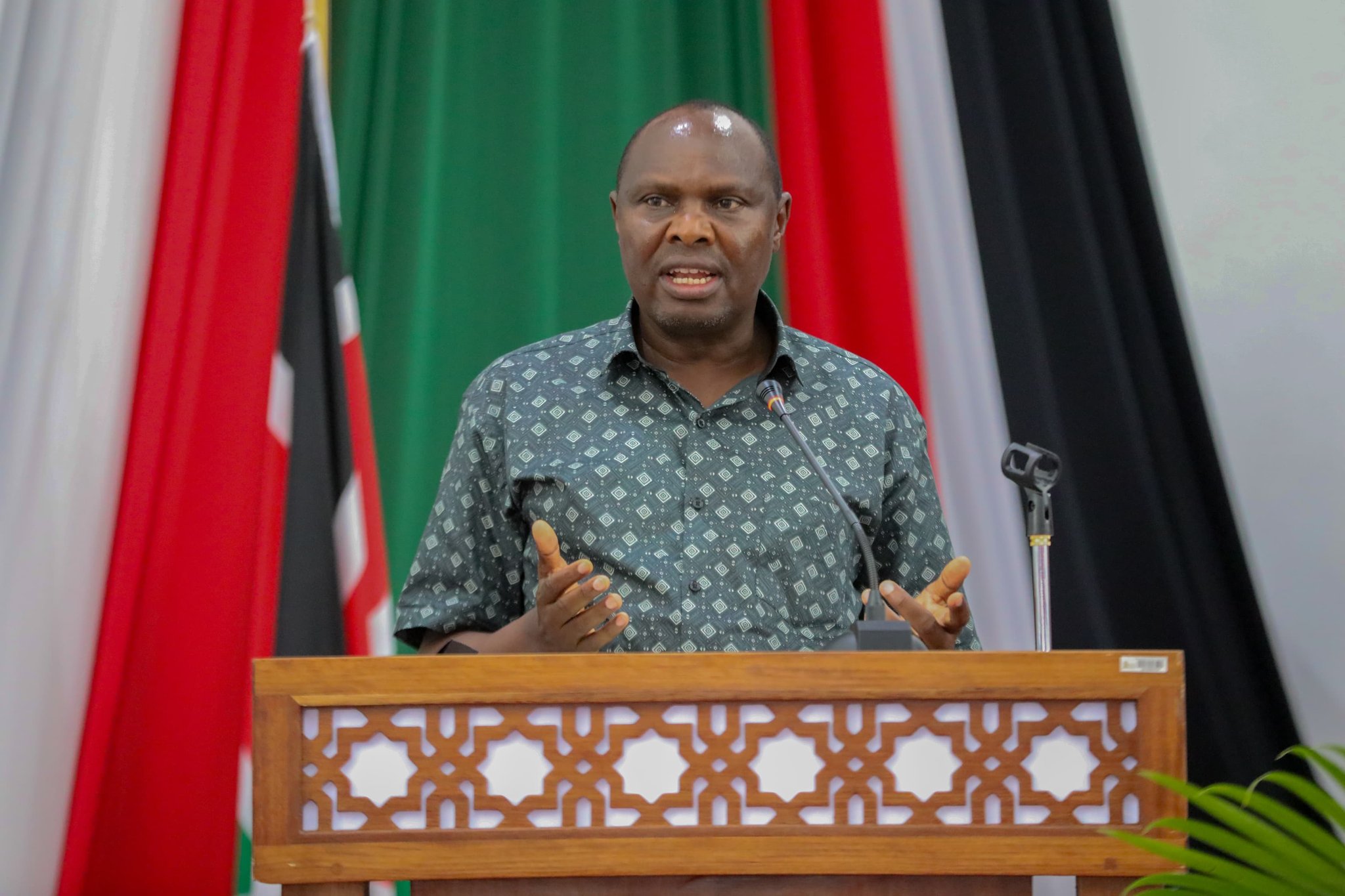IGAD proposes African peacekeeping force to oversee Sudan's ceasefire deal
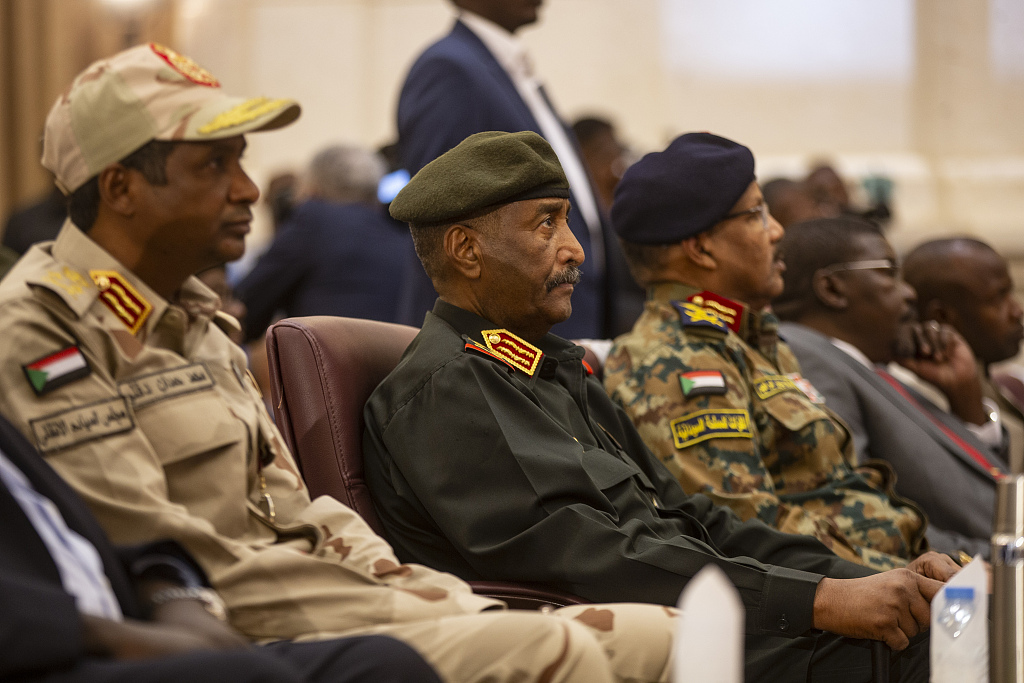
The IGAD Special Envoy to Sudan has proposed the Peace and Security Contingency Mechanism (PSCM), a non-combatant peacekeeping and observatory body under the African Union's Expanded Mechanism.
The Intergovernmental Authority on Development (IGAD) has proposed deploying African troops from countries uninvolved in Sudan’s conflict to oversee a fragile ceasefire agreement.
The IGAD Special Envoy to Sudan has proposed the Peace and Security Contingency Mechanism (PSCM), a non-combatant peacekeeping and observatory body under the African Union's Expanded Mechanism, as seen by The Eastleigh Voice. This continental initiative aims to facilitate the implementation of the Jeddah Declaration and restore hope for Sudan’s future.
More To Read
- UN calls for targeted sanctions amid Sudan’s devastating war
- IGAD urges coordinated action as regional migration surges
- Sudan accuses UAE of using Puntland as arms pipeline for RSF fighters
- IGAD to unveil migration report highlighting displacement, labour mobility and remittances
- 89 per cent of Sudan’s farmers facing reduced yields amid civil war - report
- UN report: Turkish weapons found in Sudan and South Sudan despite arms embargo
This initiative follows the Jeddah Declaration, a May 2023 truce between Sudan’s army and the paramilitary Rapid Support Forces (RSF). However, violations have plagued the agreement, hampering humanitarian aid and endangering civilians.
The proposed force would monitor ceasefire compliance, report violations, and recommend accountability measures for human rights abuses and war crimes. Khartoum, Sudan’s political and economic hub, would serve as the mission’s temporary headquarters.
The PSCM would oversee the implementation of the Jeddah Declaration, ensuring its neutrality and credibility. It comprises five African regions, each contributing contingencies to the mechanism. Notably, the mechanism excludes countries that have direct vested interests or share borders with Sudan from contributing forces.
Contributing countries
The selected contributing countries represent diverse regions of Africa, highlighting a collective effort to address shared goals and priorities across the continent. From the Eastern and Horn of Africa, Rwanda has been chosen, while Morocco represents Northern Africa. Central Africa's contribution comes from Congo Brazzaville, with The Gambia representing West Africa and Namibia from Southern Africa.
Each region will provide 900 personnel, forming a 4,500-strong unit of uniformed men and women, including technical non-military components. The six-month mandate of the PSCM is subject to renewal after consultation with Sudan's Transitional Sovereign Council.
Under the auspices of the African Union Presidential Ad Hoc Committee, which Ugandan President Yoweri Kaguta Museveni chairs, the PSCM assumes crucial responsibilities to uphold peace and accountability. Its primary duties include observing compliance with the Jeddah Declaration, reporting violations committed by the Sudanese Armed Forces (SAF) and Rapid Support Forces (RSF), and recommending accountability measures for human rights violations and war crimes. These efforts underscore the committee's commitment to upholding justice and fostering stability in the region.
To address its pressing needs amid the ongoing crisis, Khartoum, Sudan's political and economic hub, is planning a temporary deployment.
The PSCM will also collaborate with key international partners, including the Kingdom of Saudi Arabia, the League of Arab States, the United Nations, the European Union, China, and Japan, among others to serve an approach highlighting the global recognition of Sudan’s plight and the urgent need for a coordinated response.
The move comes amid mounting pressure from Sudanese civilian groups and international organisations to enhance civilian protection. In September, the UN’s Independent International Fact-Finding Mission urged an arms embargo and peacekeeper deployment, citing potential war crimes and crimes against humanity.
In October, U.S. envoy to Sudan Tom Perriello disclosed ongoing discussions with the African Union about establishing a monitoring mechanism for ceasefire agreements.
“This is a critical step toward ensuring peace and protecting innocent lives caught in the crossfire,” said a Sudanese political analyst.
Top Stories Today


